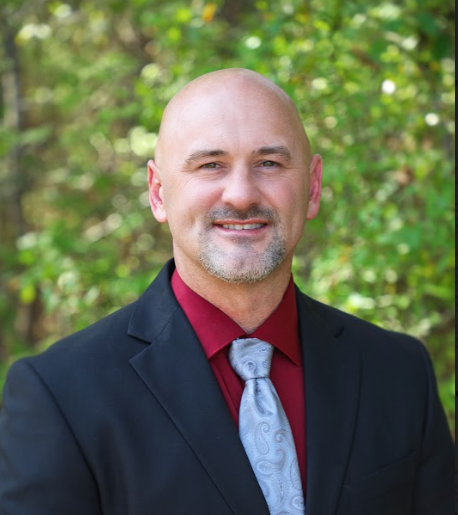766
Minden’s new chief of police, Jared McIver, brings 27 years of law enforcement experience as well as decades of training to his new department. Chief McIver has big plans for making the Minden Police Department a leader in law enforcement quality a
Minden Police Chief Jared McIver
previous post




